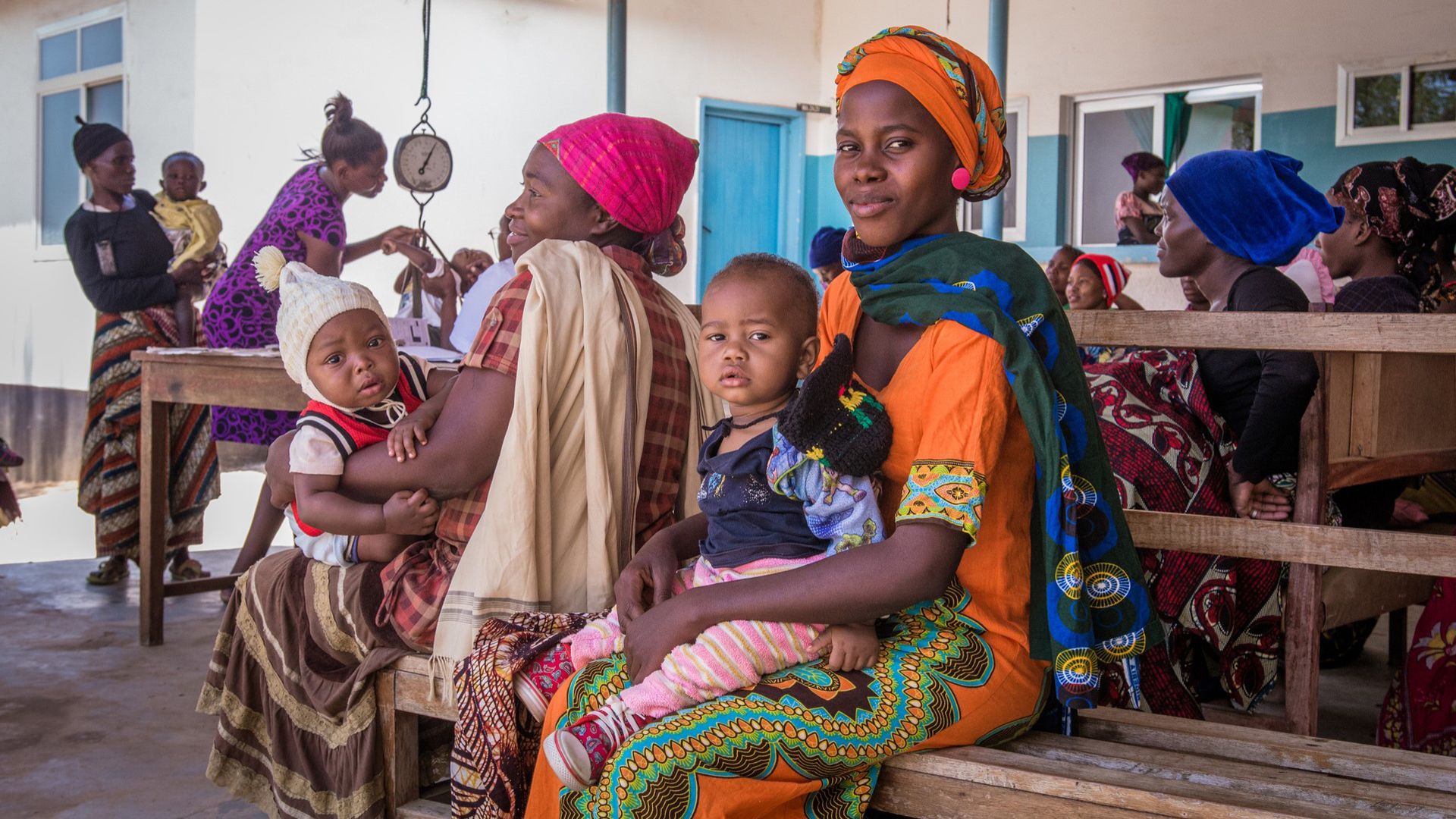Gesundheit und Ernährung
Gesundheit und Ernährungssicherheit gehören zu den Schwerpunkten der Aussenpolitischen Strategie 2024-2027 und der Strategie der internationalen Zusammenarbeit 2025-2028 der Schweiz. Die Schweiz nutzt ihre thematischen Kompetenzen – innerhalb der DEZA, der Schweizer Hochschulen, der Nichtregierungsorganisationen (NGO) und des Privatsektors – sowie das internationale Genf, das wichtige globale Akteure aus diesen Sektoren beherbergt, um einen «One Health»-Ansatz voranzutreiben und gesunde Lebensräume und Ernährungssysteme zu fördern.

Kontakt
DEZA / Thematische Zusammenarbeit
Eichenweg 5
3003 Bern
Eichenweg 5
3003 Bern

